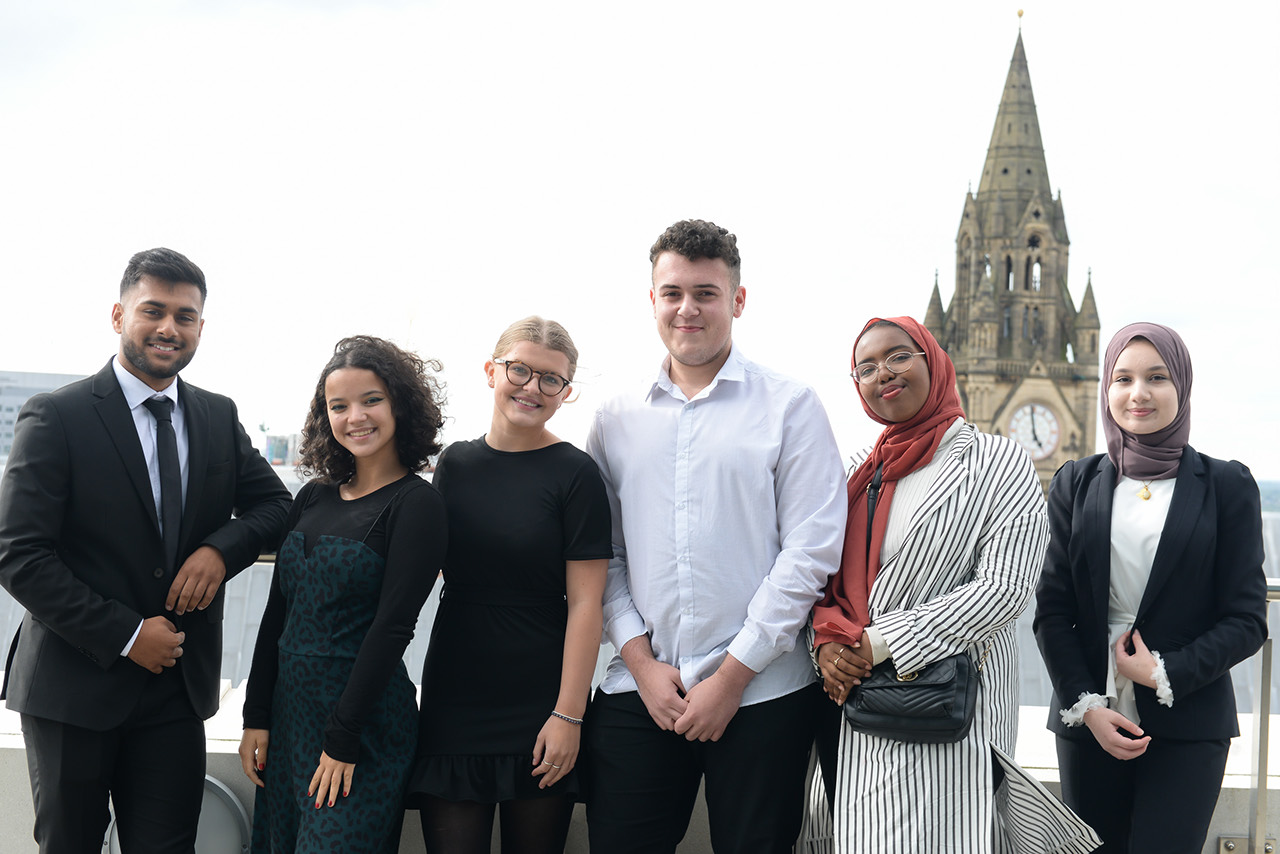The EY Foundation is a charitable company registered in England and Wales and Scotland with registered charity number 1157154 and SC045076. It is also a member firm of Ernst & Young Global Limited

Recent headlines have inevitably focused on the changing status of the COVID-19 lockdown, but the news I can’t get out of my mind is a new report on the employment prospects for young people.
Produced by the Resolution Foundation, it estimates that the expected economic crisis (ONS predict a 14% contraction in the UK economy, the sharpest contraction since 1706) could mean an extra 600,000 18–24-year-olds will be unemployed in the coming year. This won’t be a one-off blip and is likely to result in long-term damage to pay and job prospects. What’s more, for young people living in poverty, the barriers to employment are even greater.
It is easy to feel overwhelmed, but a core lesson for me over the past few months has been the capacity for people to step up and make a difference. Across society, we have seen the very best of human nature as communities come together to look after and support each other. So, whilst the current situation is daunting, we know too that we can come together to tackle seemingly impossible challenges.
What does the current situation mean for charities like the EY Foundation, whose aim is to help young people from low-income backgrounds access meaningful work? There are three key insights I want to share.
Across society, we have seen the very best of human nature as communities come together to look after and support each other. So, whilst the current situation is daunting, we know too that we can come together to tackle seemingly impossible challenges.
First, adapting quickly is critical. Following the lockdown and the postponement of all our programmes, we turned immediately to virtual delivery, running a series of online employability skills training sessions over the Easter holiday. These were targeted at young people due to take part in our Smart Futures programme. Of course, the format will continue to be refined and improved, but taking the opportunity to innovate showed we are ‘open for business’.
Following encouraging feedback, we have committed to provide weekly online events and ongoing support via our social media channels. In addition, we are rolling out a programme of online mentoring to give more bespoke support. Our summer programmes will also now run virtually, providing students with a formal qualification and a comparable experience to the physical, face-to-face version. The young people will also earn a salary, an important contribution to their household at this time.
Second, we must push ourselves to do more. Every aspect of the charity’s work should be questioned to achieve the deepest possible impact, whilst protecting our long-term sustainability. This means examining how we operate internally, but also looking outwards to gain a deeper understanding of the support young people require. The activity we deliver in our new five-year strategy will be shaped by listening to the specific – and constantly evolving – needs of young people and employers. Only by understanding – and then removing – barriers on both sides of the labour market can we bring young people and employers together.
Third, no organisation can tackle this problem on its own. Whilst this has always been the case, today it is truer than ever. With charities struggling just to survive, the sector must come together to scale up its collective impact. Greater collaboration will mean we better support each other, extend our reach and transform the future of more young lives. Already we are seeing examples of this happening, such as the C-19 youth employment group, formed by the charity Impetus. Its aim is to support young people from low-income backgrounds during and after COVID-19, and already has nearly 100 member organisations.


